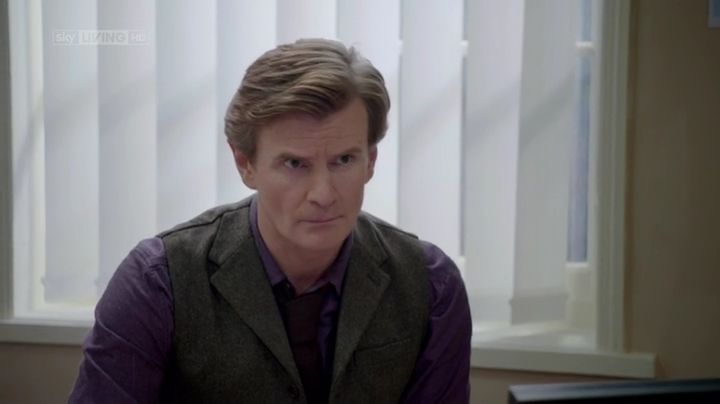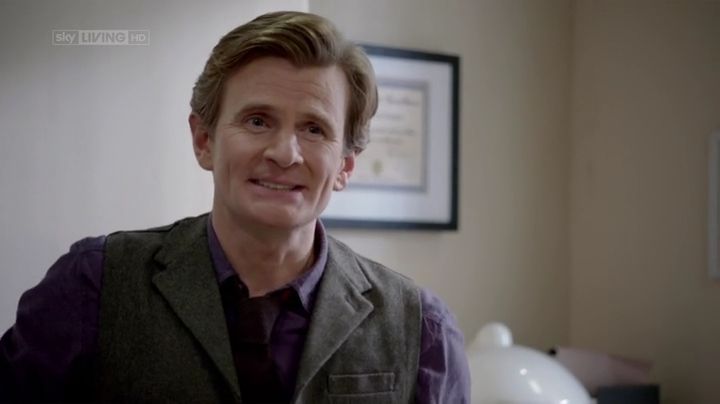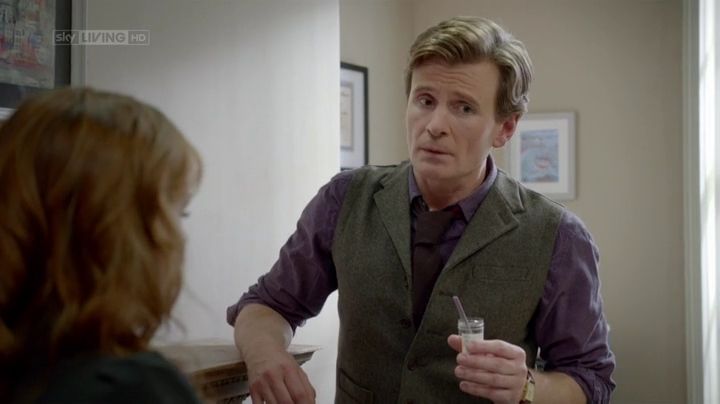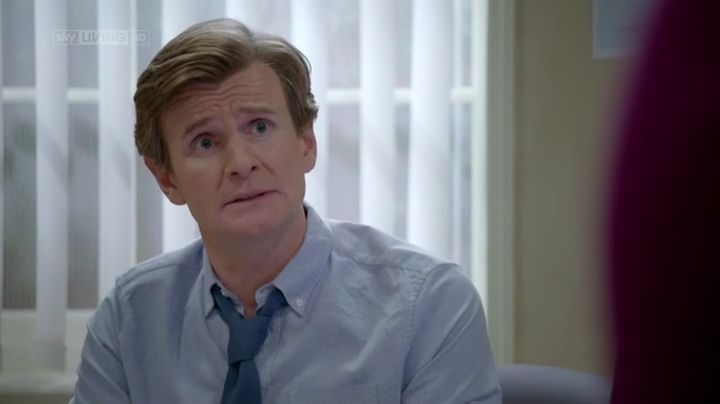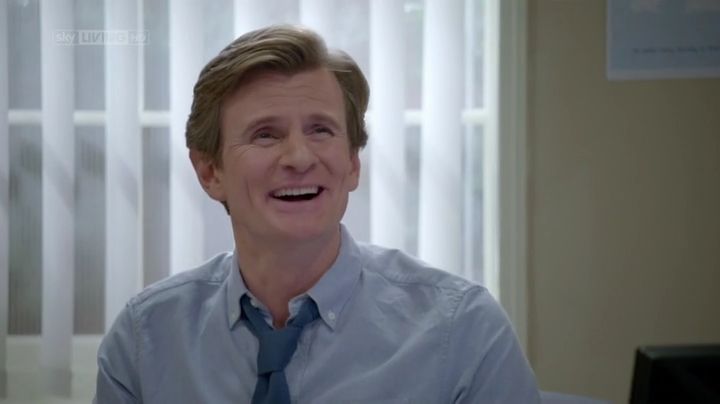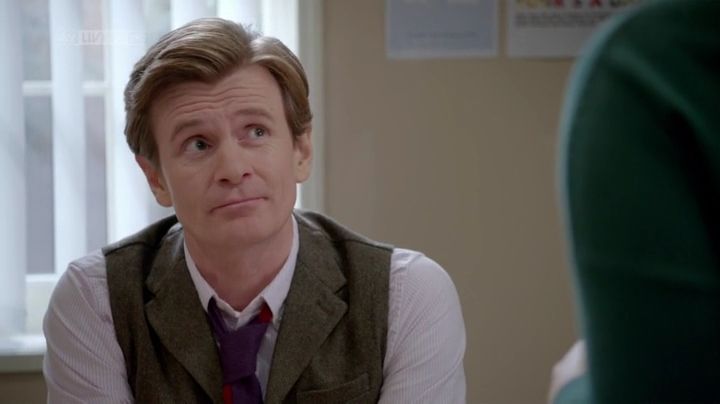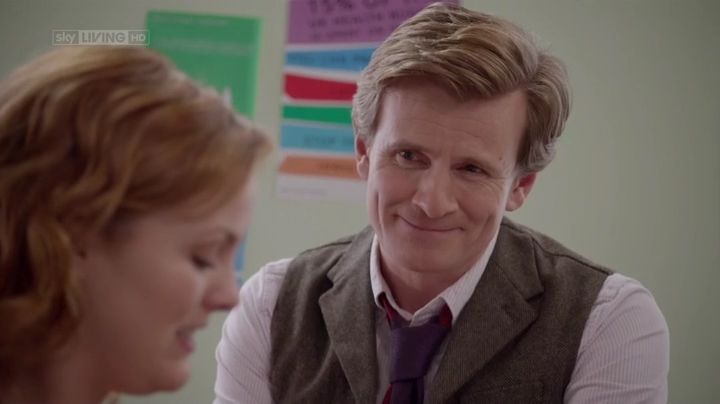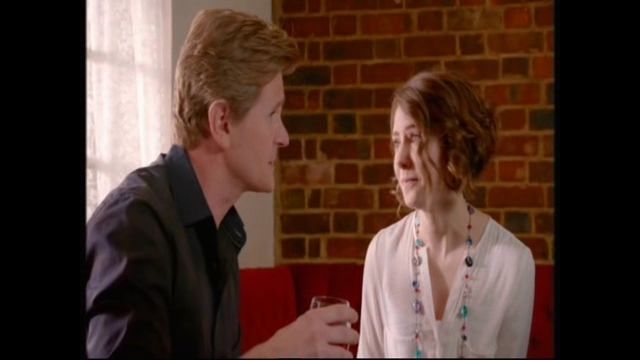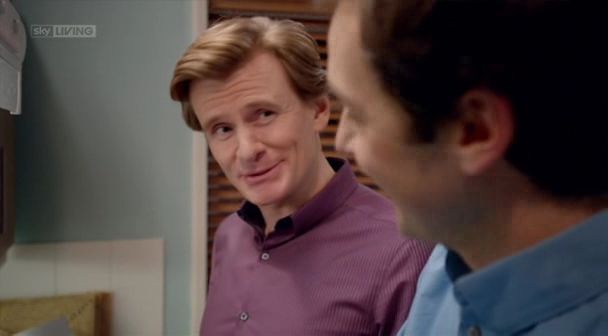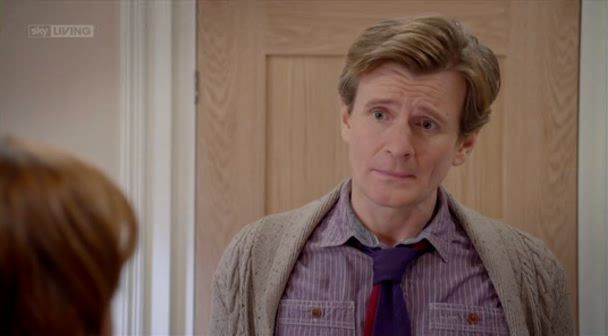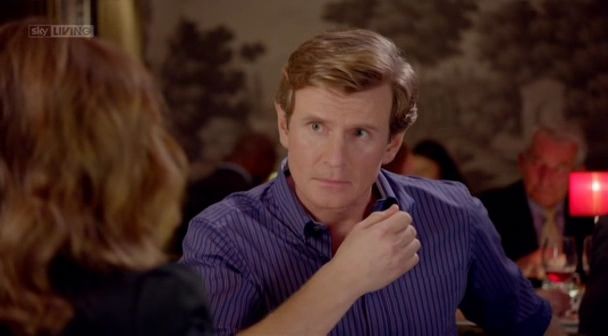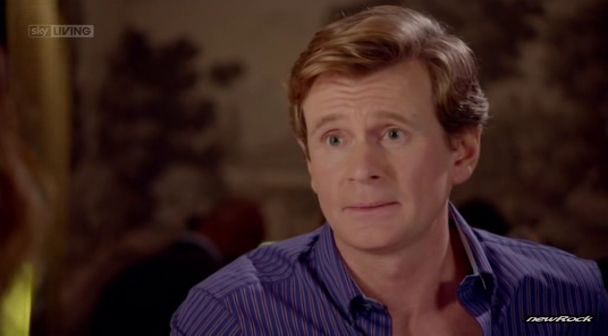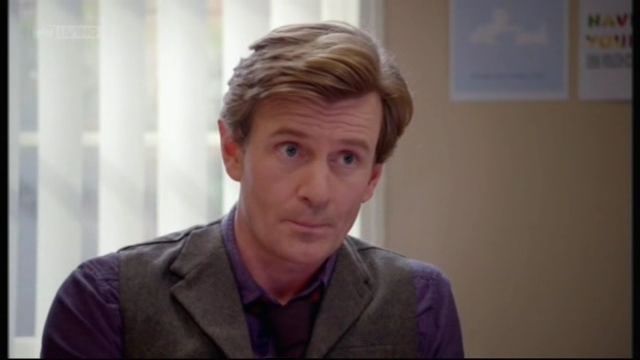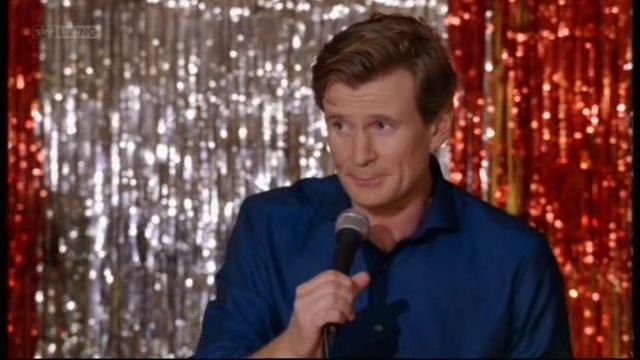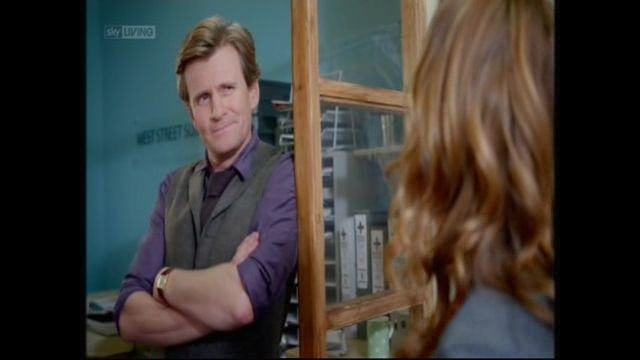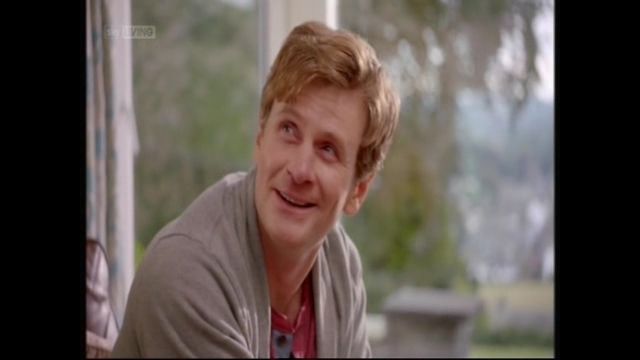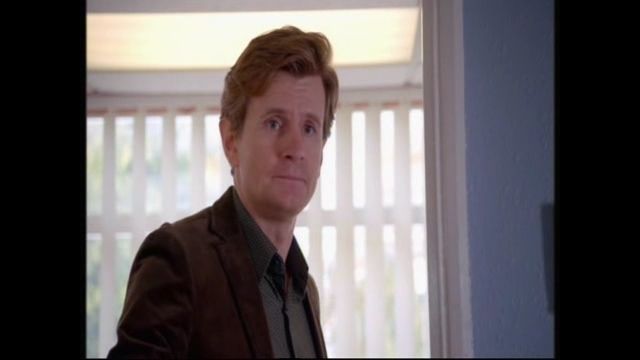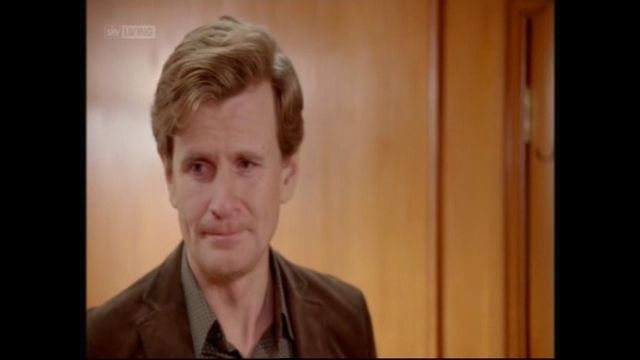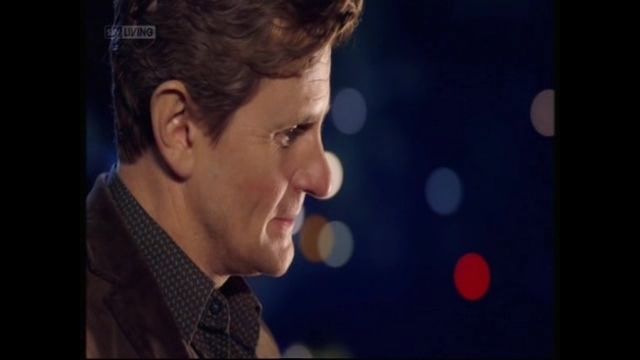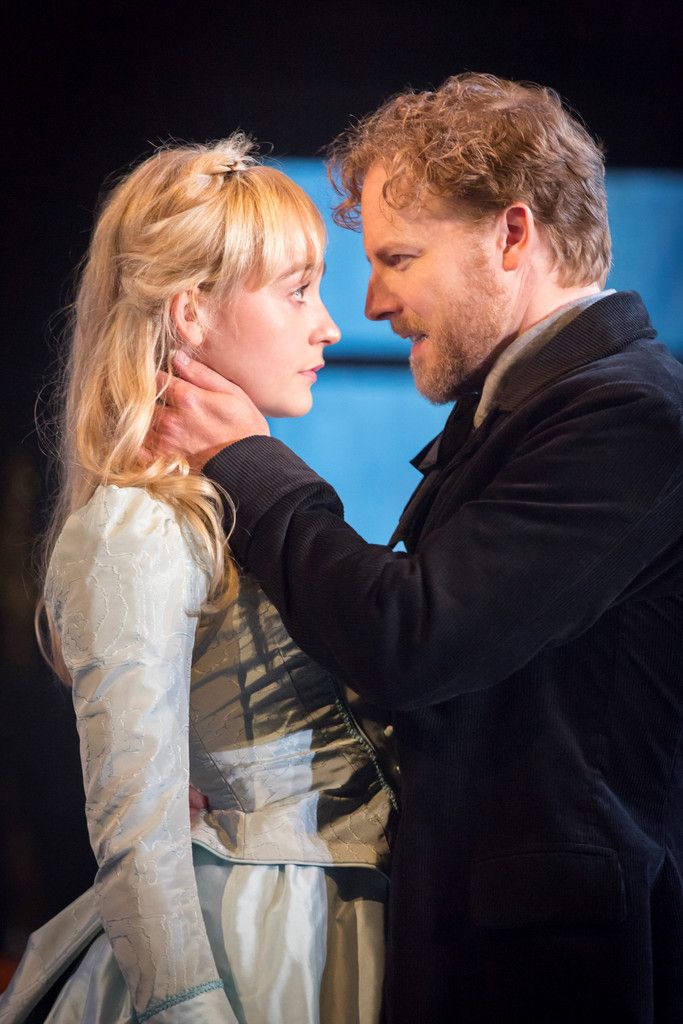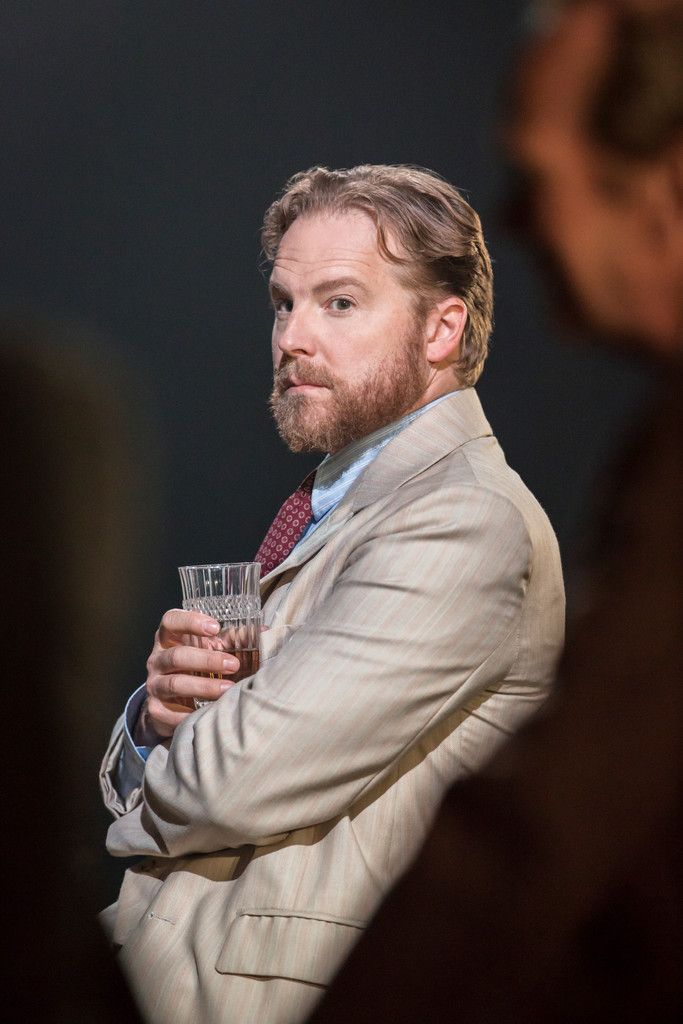The Creative Industries Federation has released a
report about diversity. The report, which was produced in partnership with
MOBO, shares views expressed by Act for Change.*
The Federation held a
launch for the report at the BFI last Monday.
Eliza Easton, the author of the report and CEO
John Kampfner spoke at the event, as well as
Kanya King (CEO of MOBO),
David Oyelowo and
Ed Vaizey (Minister of State for Culture, Communications and Creative Industries).
The Guardian has published
excerpts from Oyelowo's speech. Other media coverage includes an
article by King in the Huffington Post and an
interview with King and Kampfner on
Front Row (begins at 6:45).
The report focuses on Black, Asian & Minority Ethnic (BAME), women and socioeconomic background as factors contributing to workplace diversity (p. 4). Its principal
recommendations are in the following areas (pp. 19, 21, 24, 28):
- Recruitment. Develop a hiring strategy to attract a wider range of candidates.
- Content. Produce content that reflects a diverse society. For instance, programming and commissioning works that represent a range of narratives. In terms of personnel, creative industry organisations "should reflect the society that consumes their products." This has an effect on economic outcomes: the report cites research by McKinsey which suggests that companies in the top quartile for ethnicity and gender diversity were more likely to generate at least 15% financial returns above their respective national industry medians (pp. 13-14).
- Strategy. Conduct an audit to determine the current diversity status of an organisation and take action accordingly. Areas to consider are employment conditions, attitudes and branding. Are there pay gaps when comparing by gender or ethnicity? Do employees require training to recognise conscious and unconscious biases? Does an organisation have diversity as part of its overall vision?
Case studies from organisations such as a production company, communications consultancy and charities show practical applications of these recommendations. What remains to be seen is if other organisations, especially
members of the Federation, can also demonstrate a similar commitment to improving and maintaining levels of diversity. Perhaps these outcomes will be addressed in a current partnership - the Federation is working with McKinsey on a project that relates workforce diversity to financial performance (p. 14).
Act for Change is listed in the report's organisational directory (p. 36). Their
manifesto intersects with the recommendations in the report: developing a recruiting strategy to obtain a variety of candidates, representing diversity in content and monitoring levels of diversity:
- Recruitment. "By 2016, to secure a revision to the Ofcom Broadcasting Code requiring
production companies to audition at least one BAME actor for every
leading role, unless an occupational requirement applies. Where an
occupational requirement exists the production company must set out, in
the casting breakdown, the legitimate aim it hopes to achieve by
limiting the role to one racial group."
- Content. "By 2016, to ensure an additional Ofcom standards objective requiring the broadcasting regulator to secure “that the content of television and radio programmes reflects the identity, character and cultural diversity of the UK.”"
- Strategy. "By the end of 2015, to establish an independent body which monitors the
diversity levels of those working in TV Drama (both behind and in front
of the camera) on an annual basis."
Another common factor between the Federation's report and Act for Change's manifesto is a psychological one. Some individuals in creative organisations will need to recognise biases, whether conscious or unconscious, and adjust their attitudes accordingly. A significant challenge, but an achievable one.
* This is my second post about diversity. I am a newbie to writing about this issue - I previously wrote about
Act for Change in August.
